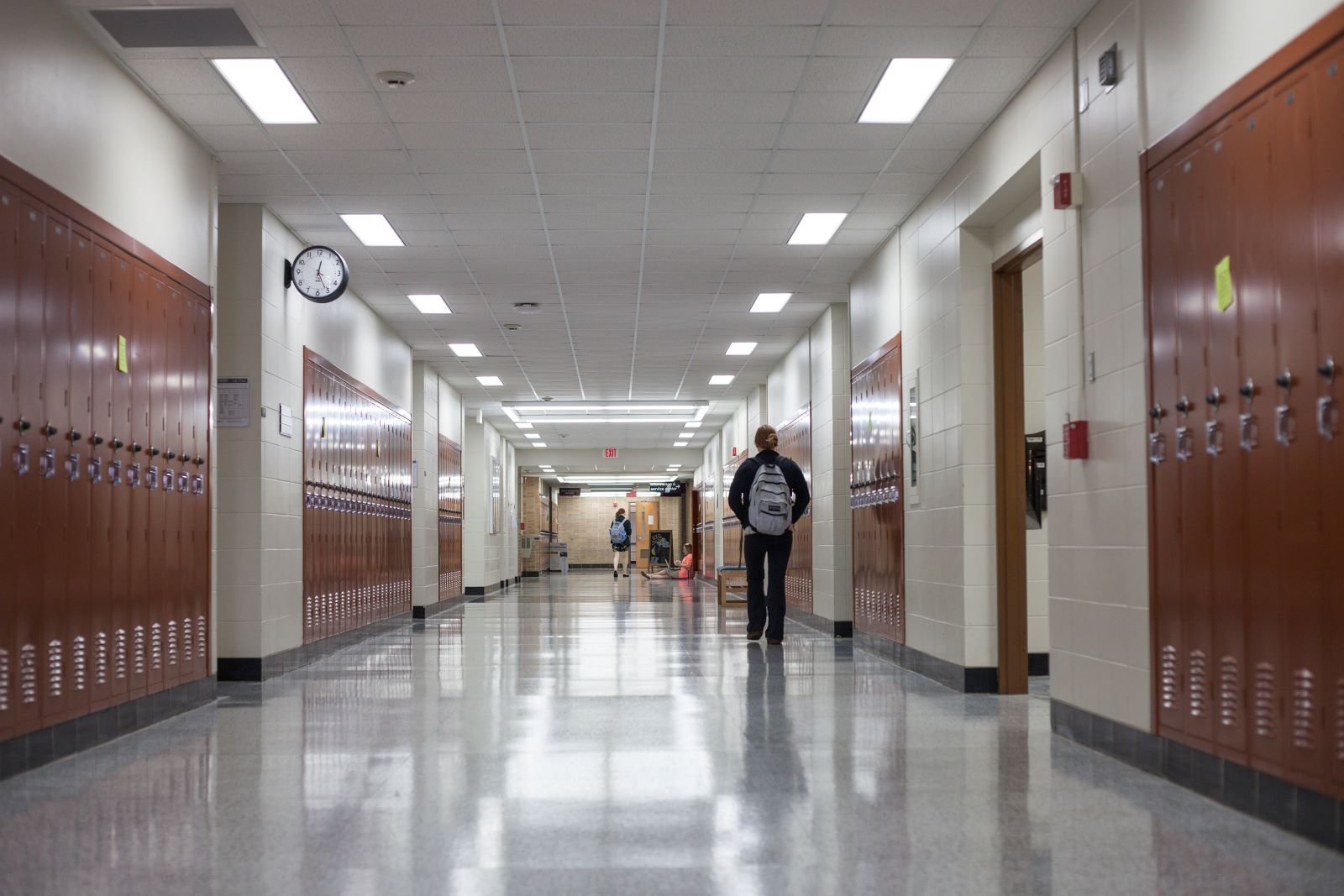Trust is an essential component of a healthy society. Still, it seems to be in short supply in the U.S. According to the recent Gallup poll, Americans have low confidence levels in many major institutions, from the media and the federal government to big businesses and the police. This article will list the least trusted institutions in the U.S. and the reasons behind this trust deficit.
Congress

8% of the U.S. population has confidence in this institution.
The approval rating of the United States Congress has been relatively low in recent years. According to the most recent polling data from January 2024, only 15 percent of Americans approve of how Congress handles its job. This reflects a trend of declining trust in Congress over the past few years. Many U.S. citizens view Congress as feeble legislators who are distant from their supporters. Despite being the most diverse Congress in American history, very little has been done to improve public opinion regarding its central lawmaking body.
Big Business

14% of the U.S. population has confidence in this institution.
Big business has a trust problem in the U.S. According to Gallup, only 14% of Americans have high confidence in big business, down from 23% in 2019. This decline is partly driven by Republicans, who have lost faith in big business after the 2020 elections. Big companies also face a widening gap in trust by age, income, and education groups, with older, middle-income, and college-educated Americans being more harmful than younger, low-income, and non-college-educated Americans.
Television News

14% of the U.S. population has confidence in this institution.
A recent survey found that television news was among the least-trusted institutions in the U.S. Only 14% of Americans trusted television news, down from 16% in 2021. The Gallup and Knight Foundation survey in February revealed that most Americans (89%) think mainstream news is politically slanted, while only a few (9%) say they don’t notice much political bias. Half Americans also believe mainstream media outlets have ulterior motives to deceive, misinform, or sway the public, while only a quarter trust media to be impartial. An earlier study found that most Americans (76%) view new outlets as profit-driven businesses rather than public service.
The Criminal Justice System

17% of the U.S. population has confidence in this institution.
The criminal justice system is one of the least trusted institutions in the U.S. According to the poll conducted in June 2023, only 17% of Americans said they had confidence in the criminal justice system. This has only slightly improved since June 2022, when it was only 14%. Some of the factors that may contribute to the low public confidence in the criminal justice system are the racial and ethnic disparities in the criminal justice outcomes, such as arrest rates, sentencing decisions, and incarceration rates.
Newspapers

18% of the U.S. population has confidence in this institution.
Newspapers have been losing trust among Americans for decades, especially among Republicans and younger generations. Some possible reasons for this decline in trust are the increasing polarization of media, the rise of online and social media platforms, and the perception of bias and inaccuracy in news reporting. However, some studies also suggest that Americans still value the role of newspapers and journalism in democracy, and this trust can be improved by increasing transparency, accountability, and diversity in the news industry.
Organized Labor

25% of the U.S. population has confidence in this institution.
Organized labor has always played a significant role in shaping the U.S. economy and society. Labor unions have been credited with higher wages, fewer hours, and improved employee benefits in many industries. However, organized labor has also faced challenges such as declining membership, anti-union legislation, and globalization. According to the Gallup Poll, only 25% had confidence in organized labor, ranking it ninth out of 16 institutions. This was slightly higher than the historical average of 21% but much lower than the peak of 34% in 2003.
Large Technology Companies

26% of the U.S. population has confidence in this institution.
According to the Gallup poll of June 2023, only 26% of U.S. adults have a great deal or fair amount of confidence in large technology companies. Some reasons for the low confidence in large technology companies include concerns about the spread of misinformation, personal data privacy, the size and power of the tech industry, and the impact of A.I. on jobs and society. These issues have been widely debated and criticized, especially after the 2020 U.S. presidential election and the COVID-19 pandemic.
The Presidency

26% of the U.S. population has confidence in this institution.
The Presidency is one of the significant institutions in the U.S. that has seen a decline in public trust over the years. According to the Gallup poll conducted in June 2023, only 26% of Americans said they had confidence in the Presidency, down from 38% in 2021. Some possible reasons for the low confidence in the Presidency include the COVID-19 pandemic, the economic recession, political polarization, and social unrest.
The Public Schools

26% of the U.S. population has confidence in this institution.
According to the recent Gallup poll, only 26% of Americans say they have tremendous confidence in the public school system, the lowest figure on record. Trust in public schools increased during the early stages of the pandemic, reaching 41% in 2020, but has since dropped to its pre-pandemic level.
Banks

26% of the U.S. population has confidence in this institution.
Americans’ confidence in banks remains low, with only 26% saying they have confidence in banks. This was a one percentage point drop from the previous year and well below the historical average of 40%. The low level of trust in banks reflects the lasting impact of the financial crisis 2008 and the public perception of banks as greedy, corrupt, and unaccountable. Banks face increasing competition from alternative financial services, such as fintech companies, cryptocurrencies, and peer-to-peer lending platforms.
The U.S. Supreme Court

27% of the U.S. population has confidence in this institution.
The trust in the Supreme Court has been declining in recent years, reaching a record low of 18% in 2022. The 2022 survey was conducted after the Court overturned Roe v. Wade, the landmark ruling that legalized abortion nationwide. This decision caused a sharp drop in confidence among Democrats and pro-choice adults. In 2023, confidence in the Supreme Court increased slightly to 27% but remained below 50%. The 2023 survey was conducted after the Court upheld the Affordable Care Act (Obamacare) against a challenge from Republican-led states. This decision was seen as a victory for President Biden and his party.
The Church or Organized Religion

32% of the U.S. population has confidence in this institution.
The church or organized religion is one of the institutions that Americans have the least confidence in, according to a Gallup poll conducted in 2023. Only 32% of Americans said they had a great deal or quite a lot of faith in the church, which is slightly higher than the record low of 31% in 2022 but much lower than the peak of 68% in 1975. The decline in confidence in the church reflects the broader trend of declining trust in most prominent institutions in the U.S. and the rise of religious disaffiliation and secularization among younger generations.
